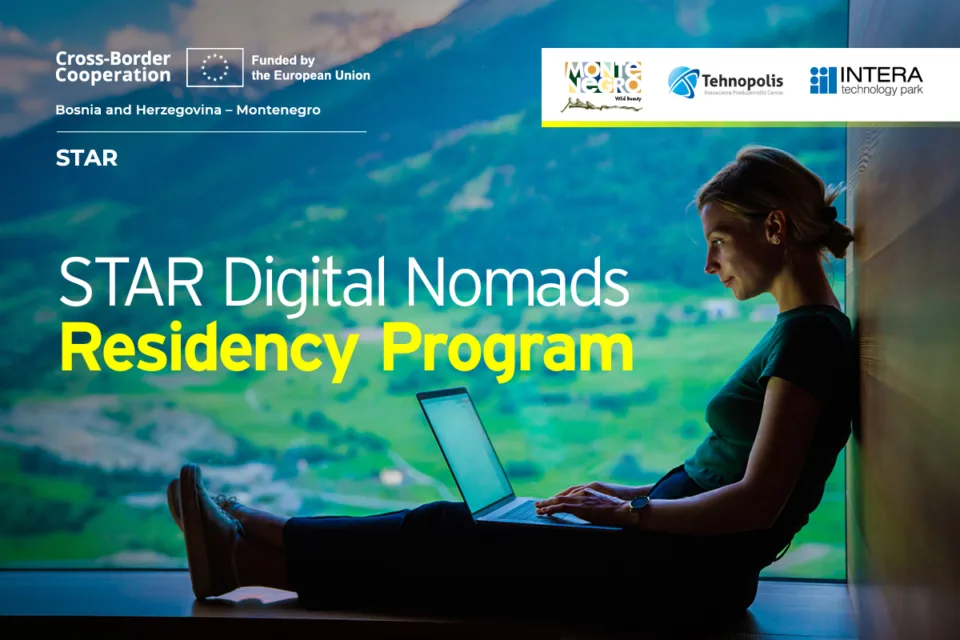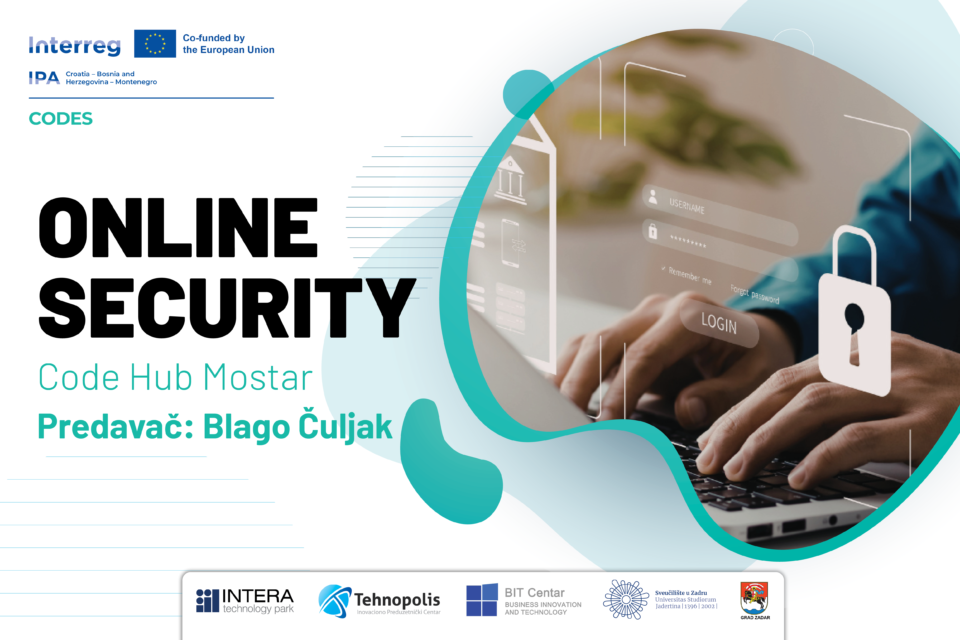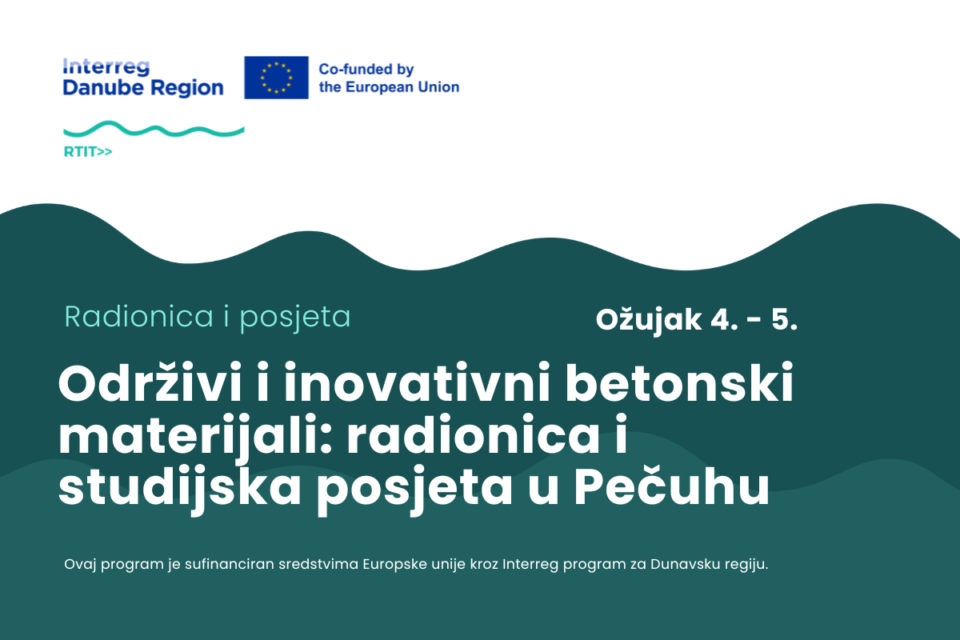PROJECT TITLE
Sustainable cross-border Renewable Micro Power Plant Initiative
LEAD PARTNER
Faculty of Electrical Engineering, Mechanical Engineering and Naval Architecture, Split
OTHER PARTNERS
Society for Sustainable Development Design (DOOR)
DURATION
L10/2017 - 07/2020
DONOR
European Union
PROGRAM
Interreg IPA Cross-border Cooperation Programme Croatia – Bosnia and Herzegovina – Montenegro 2014-2020
PRIORITY AXIS
Environmental and nature protection, improvement of risk prevention systems and promotion of sustainable energy and energy efficiency
LOCATION
Bosnia and Herzegovina, Croatia
TOTAL BUDGET
718.879,00 EUR
TOTAL GRANT
611.047,15 EUR
INTERA'S BUDGET
161.838,00 EUR
INTERA'S GRANT
137.562,30 EUR
Short description
The project was developed with the intention of contributing to the increase in the use of renewable energy sources in Croatia and Bosnia and Herzegovina. The general goal of the project was to strengthen and mobilize research and innovation capacities in the program area to solve the problem of integration of renewable energy sources, and especially micro power plants as a competitive and sustainable concept of using renewable energy sources. Awareness-raising, education and promotion carried out within the RMPPI project aimed at broader social action towards encouraging and changing legislation for the use of micro-power plants..


The RMPPI project included the development of a hybrid panel concept that uses wind and solar energy to produce electricity, and which, due to its compact dimensions, is acceptable for integration into new and existing buildings. The project ensures good investment practices in renewable energy sources and the transfer of technical systems developed through the project as well as business models to key stakeholders in the program area.
The first result of the project is the developed prototype of the hybrid Vjetar-FV energy module, which uses the energy of the sun and wind for the production of electricity and takes up minimal space on a building, acceptable for integration into existing or new buildings. Recommendations for changes in national legislation (support for micro energy systems) with an emphasis on maximally simplifying the integration of micro renewable energy sources (primarily solar and wind) were also developed, as well as specific solutions and recommendations on how to simplify the relevant legislation. Furthermore, as one of the project results, a model of financing investments in RES on a micro scale through energy cooperatives was developed. Finally, as one of the key results of the project, renewable energy sources (solar, wind) were installed on the buildings of the project partners (FESB and INTERA), and on educational institutions in the program area. Power plants that are integrated in public buildings in the program area, in addition to reducing the consumption of conventional energy sources in buildings, have also contributed to the wider popularization of renewable sources as well as to education on renewable sources.

Donor
The project was co-financed by ERDF and IPA II funds of the European Union. More on the Interreg IPA Cross-border Cooperation Programme Croatia – Bosnia and Herzegovina – Montenegro 2014-2020 on www.interreg-hr-ba-me2014-2020.eu




